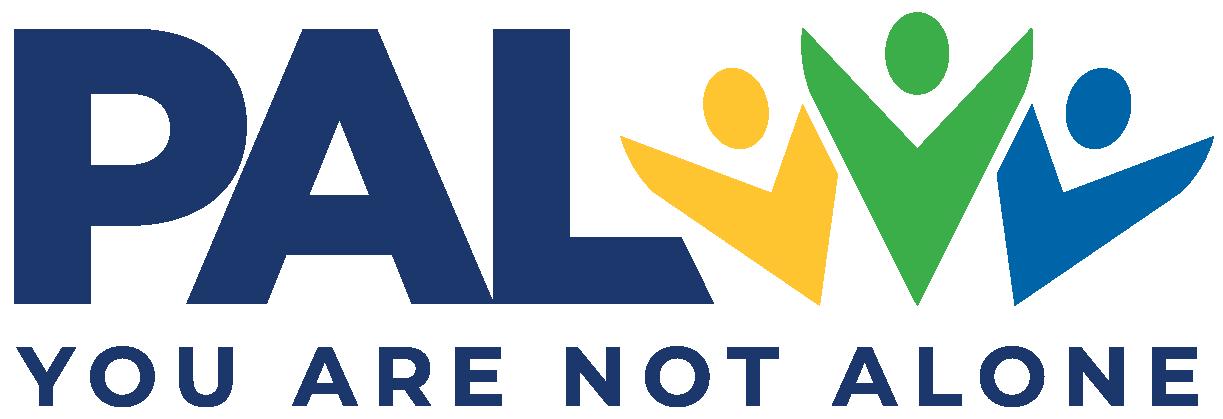
Feeling helpless and hopeless in trying to save loved ones who believe they do not need help is one of the most disheartening aspects of the disease that families endure in dealing with mental health/addiction. As the growing number of individuals struggling with mental health or substance addiction skyrockets, the need for education, support and skills is more essential than it ever has been. According to the National Alliance on Mental Illness, one in five people struggle with some type of mental health condition. At the same time, the drug epidemic has seen rising numbers never seen before in history.
The question, “What can we do as family members when we feel like we have done everything we possibly can?” is probably the most common concern that I encounter when families come to my support groups or seek help in my private practice. Families are emotionally exhausted and feel like there’s not much more they can do, and they are fearful that their loved ones may lose their life or make a decision that may alter their future forever.
First, the most prominent message that I like to communicate to those family members who are feeling dejected and lost is that it is imperative to maintain hope. Getting their loved ones to accept help is still very possible. It’s just that the strategies that they’ve been using must change. The countless numbers of families that I have worked with all seem to engage in the same patterns of thinking and behaving when their families and their loved ones have been struggling for a long period of time. What I find on a consistent basis is that those struggling family systems are not assuming an equal share of responsibility and they and the resisting individuals are not working 100% on their individual share. A common belief is that no one has caused it (the disease), can’t cure it, or can’t control it, but I believe they have perpetuated the situation in some form or fashion. The blueprint which they have been using needs to be reconstructed and the family needs to create a unified vision. Therefore, an “all hands on deck approach” is necessary and critical when trying to battle the disease as there truly is power in numbers, especially when those individuals involved are coming from a healthy place and have a strong recovery program of their own (e.g., sobriety, in therapy/support groups, educated on mental health, etc.).
Second, what I find is most critical for family members in order to take the necessary steps to get their resisting loved one to a place of accepting help is that they need to release themselves from two very debilitating emotions that can dictate the process if not managed – guilt and fear. While guilt and fear are very normal and valid emotions, they are often the most powerful in disempowering the family unit. Guilt is the painful feeling of regret or remorse for having done or not done something. I would say 99% of the families that I’ve worked with are trying to come from a good, loving place. But just because you’re coming from a good place (e.g., absolutely avoiding loved one due to drug use, set overly strict rules, judge them for their unhealthy lifestyle, etc.) doesn’t always mean it is the best or the right place. So, I tell families that if they didn’t mean intentional harm, then it will be very important for them to let go of guilt and to make things better with what they feel they have done wrong through the amends process (e.g., stay sober if drank excessive alcohol to cope with work stress when loved one was a child, listen to loved one’s cultural beliefs if lacked insight, weren’t present if often away working weeks at a time, etc.). Moreover, fear can also be a strong emotion when present at high levels. It’s ok to fear what may happen to your loved one, but it’s not ok to stay scared because it prevents the necessary actions from taking place (e.g., fear that loved one may take own life, scared they may overdose, concern they may commit a crime, etc.). That is why it is critically important for the family unit to all share in accountability and work together to provide emotional and mental support. It is also important that family members trust in the recovery process and know that it truly does work in saving loved ones especially if everyone is doing their diligent part.
These are some of the most common issues and thinking/behavioral patterns that I see with families who remain stuck, and their loved ones stay unwell. Sharing accountability and working 100% on everyone’s individual part as well as moving past guilt and fear are some of the most important skills that I teach families and that are the most challenging obstacles as to why their resisting loved ones have been struggling for long periods of time.
So, to all the families out there who feel like there’s not much more they can do, please trust me when I say that the recovery process really does work and there’s still things that you can do to get your loved ones back. It takes humility for families to be able to accept that what they have been doing has not been working and be open to new ways and approaches along with trusting in the guidance of professionals who can lead them back on the right path. Hang in there and stay in the fight! Your families and loved ones are worth it!
Brian F. Licuanan, PhD
Author of: How to Get Your Resisting Loved One into Treatment: A Step-by-Step Plan for Mental Health and/or Addiction Crisis
